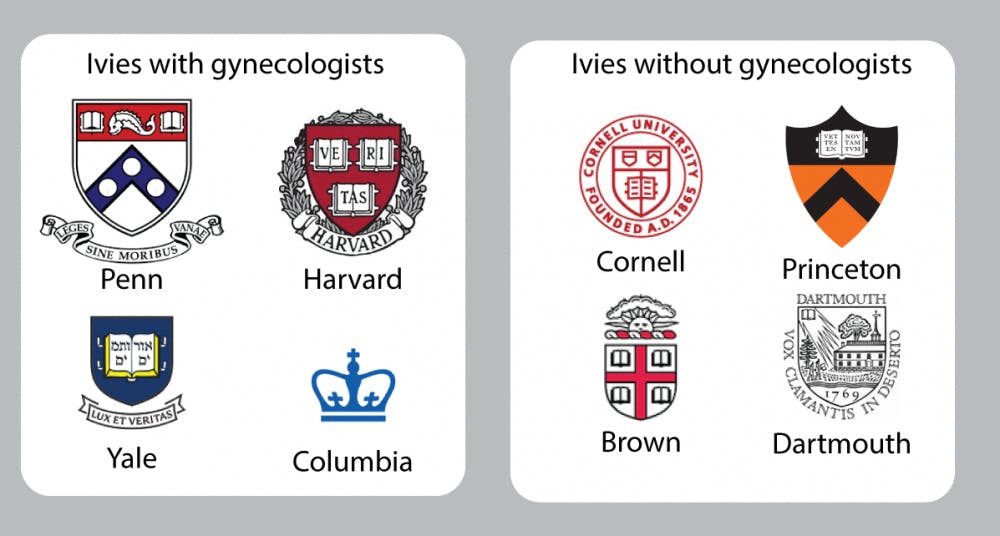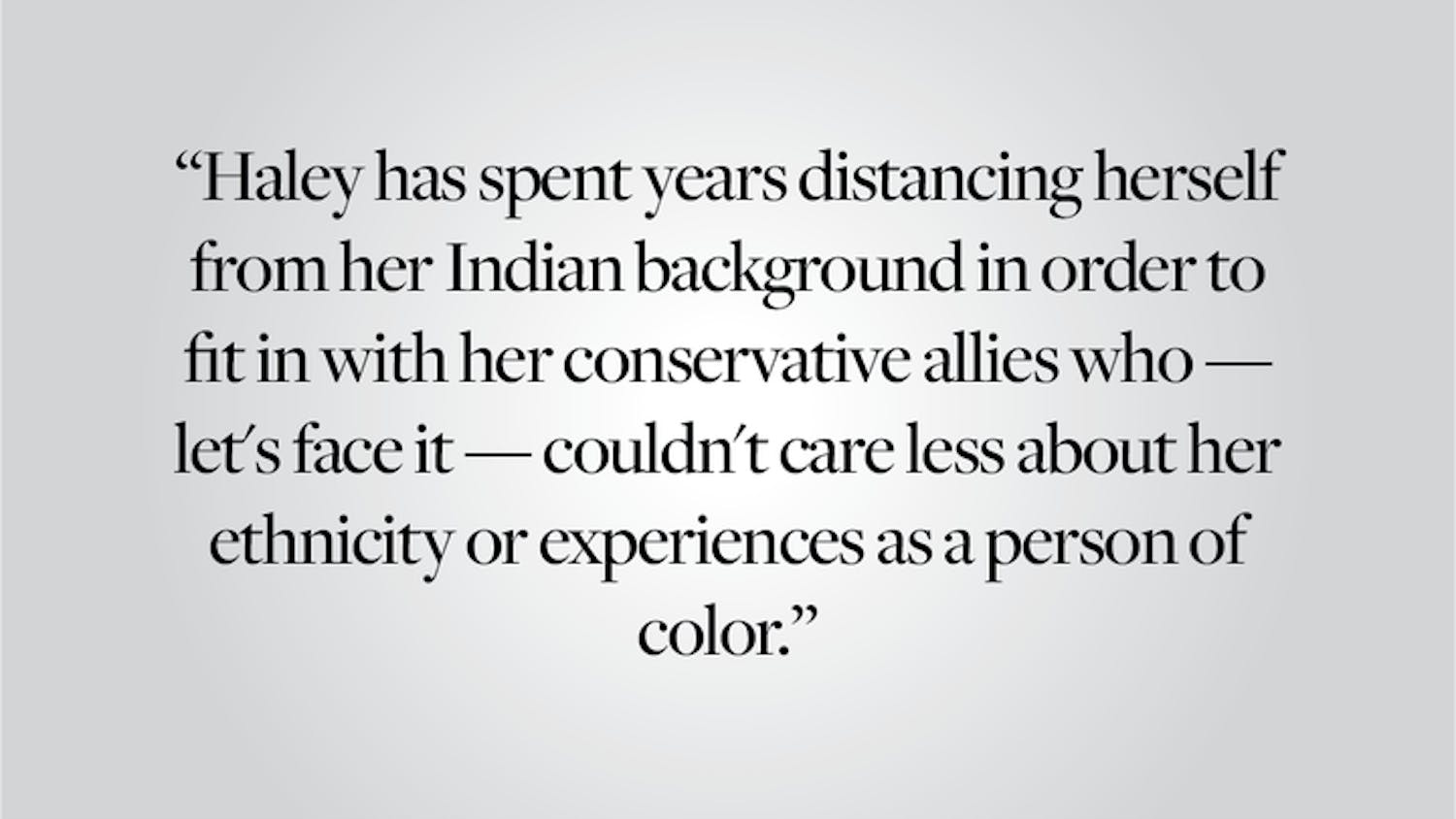Like many people, I am not particularly fond of pelvic examinations. Even when performed with the utmost care, sensitivity and expertise, this essential examination can be a source of both anxiety and discomfort.
I recently visited Health Services to deal with a nonurgent “female” issue. I was prompted to ask my doctor about her credentials when her suggested course of treatment included applying a known vaginal irritant. It turns out my doctor at Health Services was a family medicine doctor, not a gynecologist like I had requested on the phone. When I asked where the gynecologist was, the doctor informed me that Health Services does not have a gynecologist on staff and offered me an off-campus referral.
I left my appointment feeling flustered. My first qualm was with Health Services’ website, which offers gynecological examinations without mentioning that there is no board-certified gynecologist on staff. This lack of transparency astounded me. How could this happen at a school that prides itself on its commitment to its female students’ well-being?
I checked online and called other universities’ equivalents to Health Services to see how they meet female students’ gynecological needs. Within the Ivy League, Harvard, Yale, Columbia and Penn have gynecologists on their health services’ staff. Brown, Dartmouth, Cornell and Princeton do not, though the latter three have a “women’s specialist.” From what I could gather from its website, Brown Health Services offers no such thing.
Hiring a gynecologist would not be the first example of Brown having a specialized medical staff member. In fact, the athletics department has an entire medical staff with two team physicians and nine athletic trainers to treat 900 student athletes. Meanwhile, there are over 3,500 Brown students with vaginas who cannot get proper gynecological care on campus. It is ridiculous that we do not have at the very least a part-time expert to meet our specific medical needs.
I understand that different bodies have different yet equally important medical needs. I understand that as a cis-woman, I can only speak to a cis-female perspective. Some may argue that the prioritization of hiring a gynecologist is sexist. The important difference for me is time sensitivity. It is recommended that men be screened annually for prostate cancer starting at age 50. This affects very few students during their time at Brown. It is recommended that women be screened annually for cervical cancer starting at age 21. Being diligent and consistent with this practice is essential. Most female undergraduates will turn 21 during their time at Brown, and almost all female graduate students are over the age of 21.
I do not hate Health Services. In fact, I am confident that my doctor that day was an excellent family medicine provider. But at the risk of sounding like a feminist picture book, the vagina is a special organ that requires special attention. If Brown is truly concerned about the health and well-being of its female students, the University should make gynecological care — provided by a board-certified gynecologist — physically and financially accessible.
Charlotte Tisch ’17 can be reached at charlotte_tisch@brown.edu.
Please send responses to this opinion to letters@browndailyherald.com and other op-eds to opinions@browndailyherald.com.





